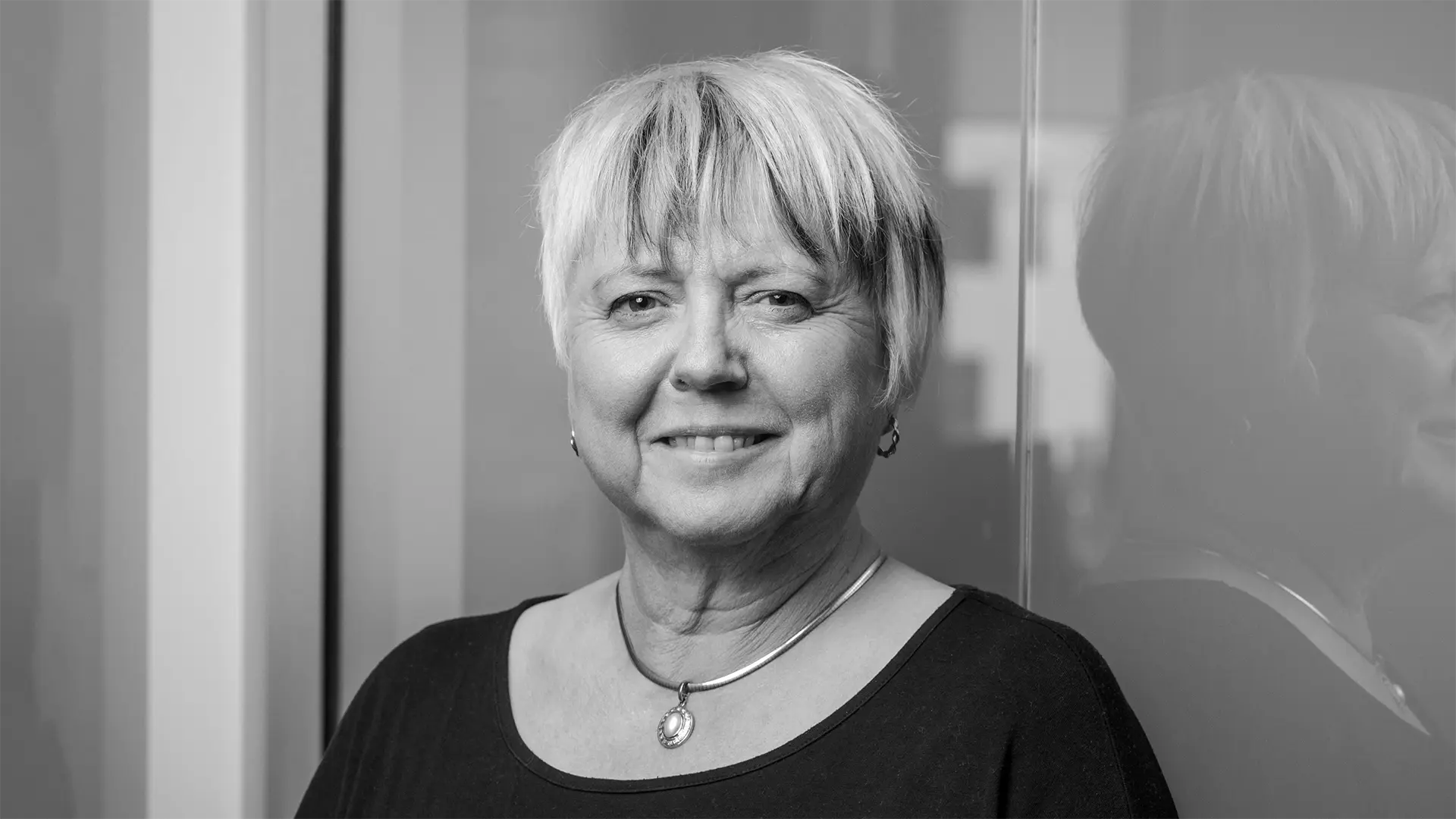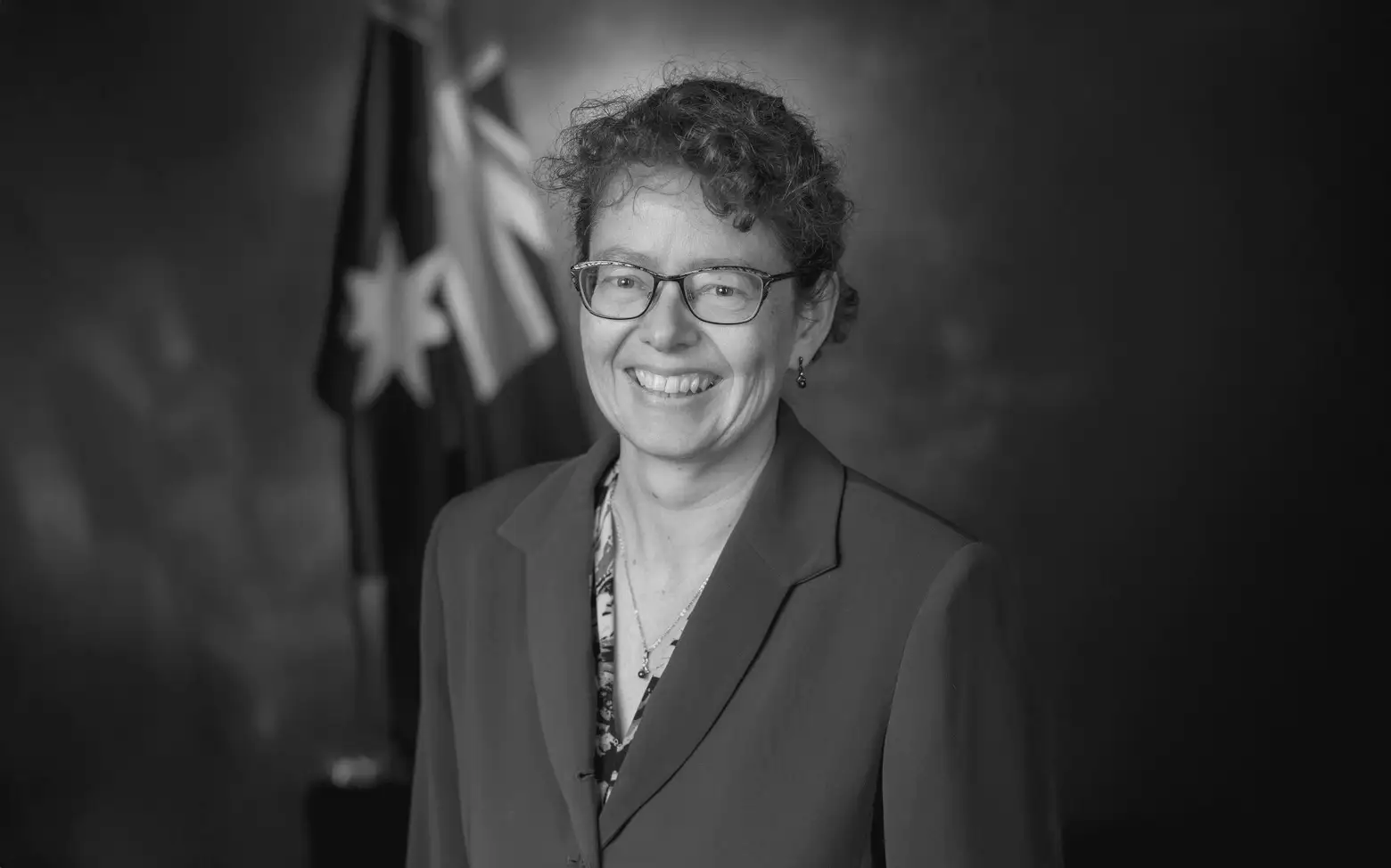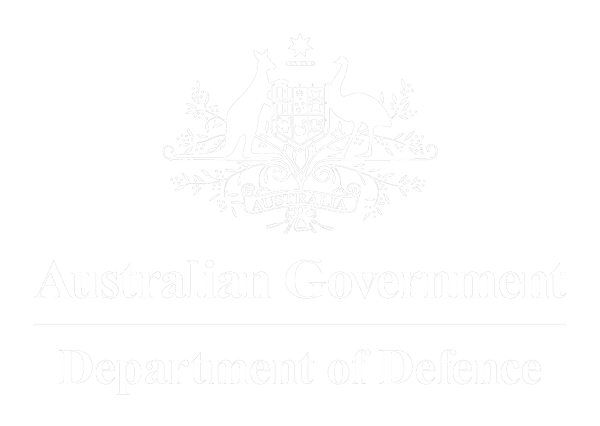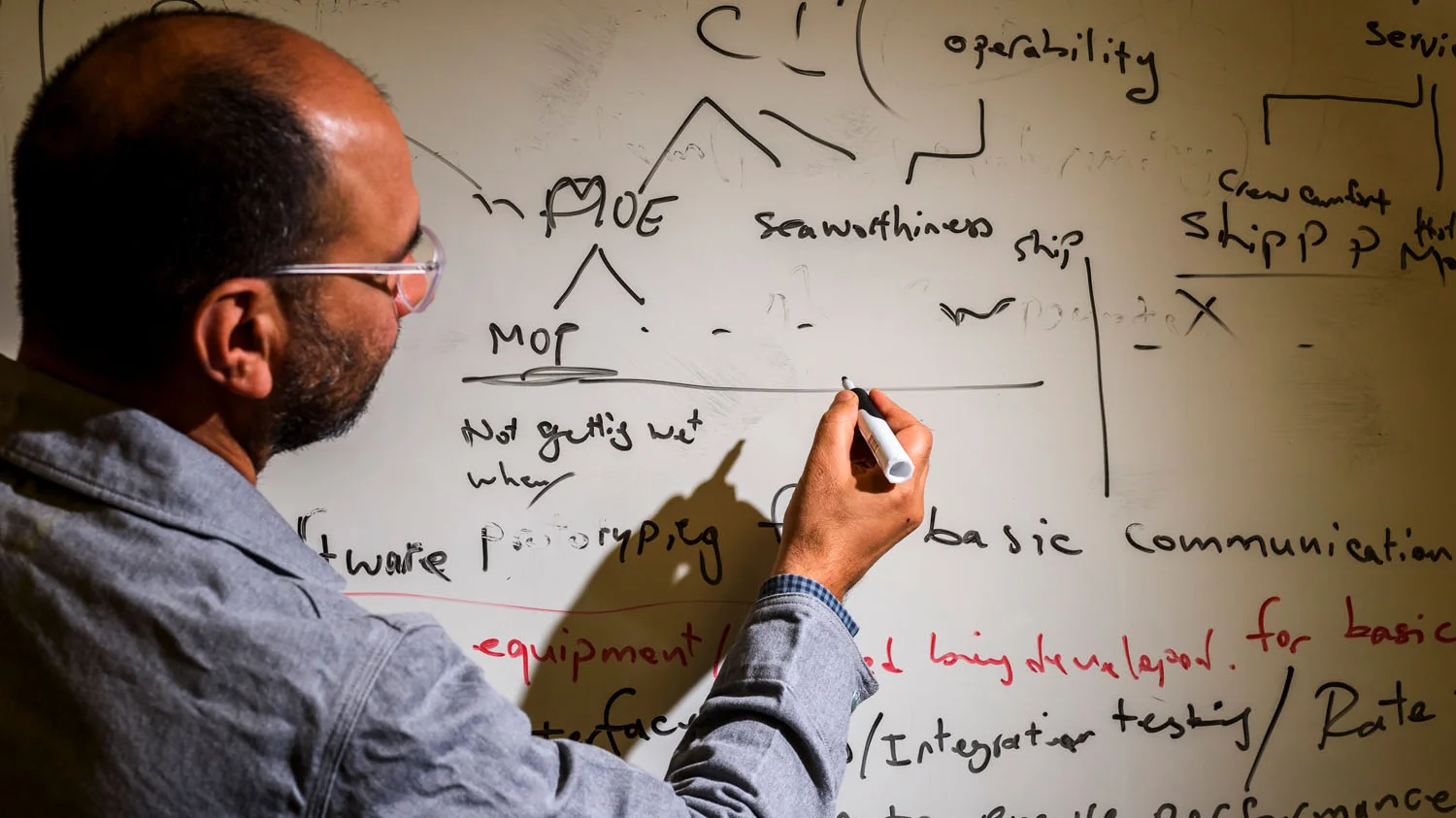
Advisory Board
Australia’s leading research and development experts
The Advisory Board brings together some of Australia’s leading research and development experts, and is responsible for providing direction and advice, approving projects recommended for Defence Innovation Partnership funding and identifying opportunities for growth and further development.
The Advisory Board comprises members representing each of the five member organisations and plus independent industry members organisations.
Sharon Wilson (Chair) – Special Counsel – Industry and Innovation
After spending almost 35 years in defence industry, Sharon brings extensive experience in working with industry, academia and government to deliver real capability to the Australian Department of Defence.
Working at BAE Systems, Sharon held many positions including Continuous Naval Shipbuilding (CNS) Strategy Director. Sharon was responsible for the CNS and (AIC) Strategy and Plans for the Hunter Class Frigate Program. Her role included responsibility for the Maritime Innovation program, the governance and measurement framework for CNS and AIC and the Exports and Future Business strategy and growth. Sharon also previously held leadership roles in project management, procurement, estimating and as the General Manager of the BAE Systems Global Supply Chain program and Head of Industrial Strategy.
Sharon is a member of the Flinders University Advisory Council and a member of the Universities Executive Committee.
Sharon understands the breadth and depth of Australian industry capability and the power of collaboration with Defence across academia, research, primes, and small and medium-sized enterprises. She brings an enthusiastic and holistic approach to Defence and industry collaborations that will support the needs of Defence now and into the future.
Professor Bruce Northcote – Chief Security Officer, University of Adelaide
Prof. Bruce Northcote is Chief Security Officer at the University of Adelaide. Until recently he was also CEO of TelAri Analytics – a commercial spin out from research in his previous role.
From 1994 until 1996 he worked at Bellcore (NJ, USA) as their lead consultant in Signalling System Number 7 and Advanced Intelligent Network congestion control research and Personal Communications Services performance analysis. In 1996 he joined Ascom Nexion to develop for them a coordinated performance benchmark test plan for multi-service switching platforms. After acquisition and promotion he became a Consulting Engineer in Fujitsu Nexion, working on broadband technology assessment, product definition and standardization activities for the Fujitsu broadband product range, actively participating in various standards forums (IETF, ATMF, ANSI T1S1 & ITU-T SG13).
Between returning to Australia in December 1999 and his current employment, he was a consultant for BSN Consulting Pty Ltd and Telic Australia Pty Ltd, working on projects for customers ranging from Vodafone Australia, Telstra, Telcordia (USA), Viridien (USA), to the Victorian Department of Justice. He has published over 20 refereed journal and conference papers, written numerous technical contributions for a variety of international standards bodies, is a senior member of IEEE and was an accredited ATM Forum Ambassador for several years.
Professor Alistair Rendell – Vice President and Executive Dean, College of Science and Engineering, Flinders University
Alistair Rendell completed a Bachelor of Science degree at Durham University in 1983 majoring in chemistry and was subsequently awarded an international Commonwealth Scholarship to study theoretical chemistry in Australia at the University of Sydney. Graduating with a PhD in 1988 he then held postdoctoral positions at the University of Lund in Sweden and at the NASA Ames Research Centre in the USA, developing computational chemistry software for the latest high-end vector supercomputers. From 1991-94 he worked in the UK at what is now the Science and Technology Facilities Council Daresbury Laboratory pioneering some of the first quantum chemistry algorithms for an emerging range of distributed memory parallel computers. He returned to Australia in 1995 taking up a position in the Supercomputer Facility of the Australian National University (ANU) where he led a major collaborative project with Fujitsu Japan. In 2001 he moved to an academic appointment in computer science to pursue research and teaching in the general area of high-performance computing, going on to become Director of the ANU Research School of Computer Science from 2013-2018. During his time as Director the School more than doubled in size and forged a major partnership with the Australian Signals Directorate. In 2019 he moved to Flinders University as Vice President and Executive Dean for the College of Science and Engineering.
Professor Rendell has more than 100 refereed publications in a range of areas including chemistry, biology, and computer science, and has contributed to a variety of widely used computational science programs. He continues to maintain a research interest in parallel computing particularly around the use of novel computer architectures and is currently engaged in an exascale software development project with collaborators in the USA.
Dr Carolyn Patteson – Chief, Science Strategic Planning and Engagement, Defence Science and Technology Group
Dr Patteson leads the team that drives the strategic direction and policies for Defence science and technology and shapes Defence’s engagement with the broader science, technology and innovation ecosystem.
Prior to this, Dr Patteson established the International, Trade & National Security Division in the Department of Industry, Science and Resources, leading the provision of advice on national security and international issues in relation to the portfolio.
During her career, Dr Patteson established a whole-of-government policy coordination capability, to identify and advise Government on critical technologies and how they intersect with our national interest.
From 2016-2019 she led the Content Division in the Department of Communications and the Arts. Here she was responsible for a broad range of broadcasting, copyright, classification and content policy and regulation.
Before this, Dr Patteson was the Executive Manager of CERT Australia, and responsible more broadly within the Attorney-General’s Department for cyber-crime and cyber security issues.
Dr Patteson has previously held a variety of roles in the intelligence community and Department of Defence.
She has a Doctor of Philosophy and First Class Honours in Mathematics from the University of Queensland.
Ryan McClenaghan – Director: Defence and Space – University of South Australia
Ryan McClenaghan is the Director: Defence and Space at the University of South Australia. Ryan leads the Defence and Space team, tasked with growing the research and education footprint of UniSA in these sectors whilst ensuring we maximise the significant opportunity presented by the creation of Adelaide University.
Originally from Belfast, Northern Ireland, Ryan moved to Australia in 2006, co-founding two start-up companies and working in various roles in the intervening years, including with the Australian Industry Group and Micro-X, an award-winning ASX-listed x-ray technology company.
Ryan made a substantial impact in his most recent role as Director, Defence and National Security at Fleet Space Technologies, one of Australia’s leading satellite companies with a global presence. During his three-year tenure at Fleet, Ryan secured millions of dollars in defence contracts, establishing and leading the Fleet Defence area, driving the company’s growth in the sector. During his time at Fleet, Ryan secured the company’s first defence contract, and later led international partnerships with Huntington Ingalls Industries (HII) and the Defence Innovation Unit (DIU). Through his leadership, Fleet Ryan has fostered strong international connections, particularly within the United States and United Kingdom and developed strategic partnerships between industry and academia on pivotal space and defence related programs.
